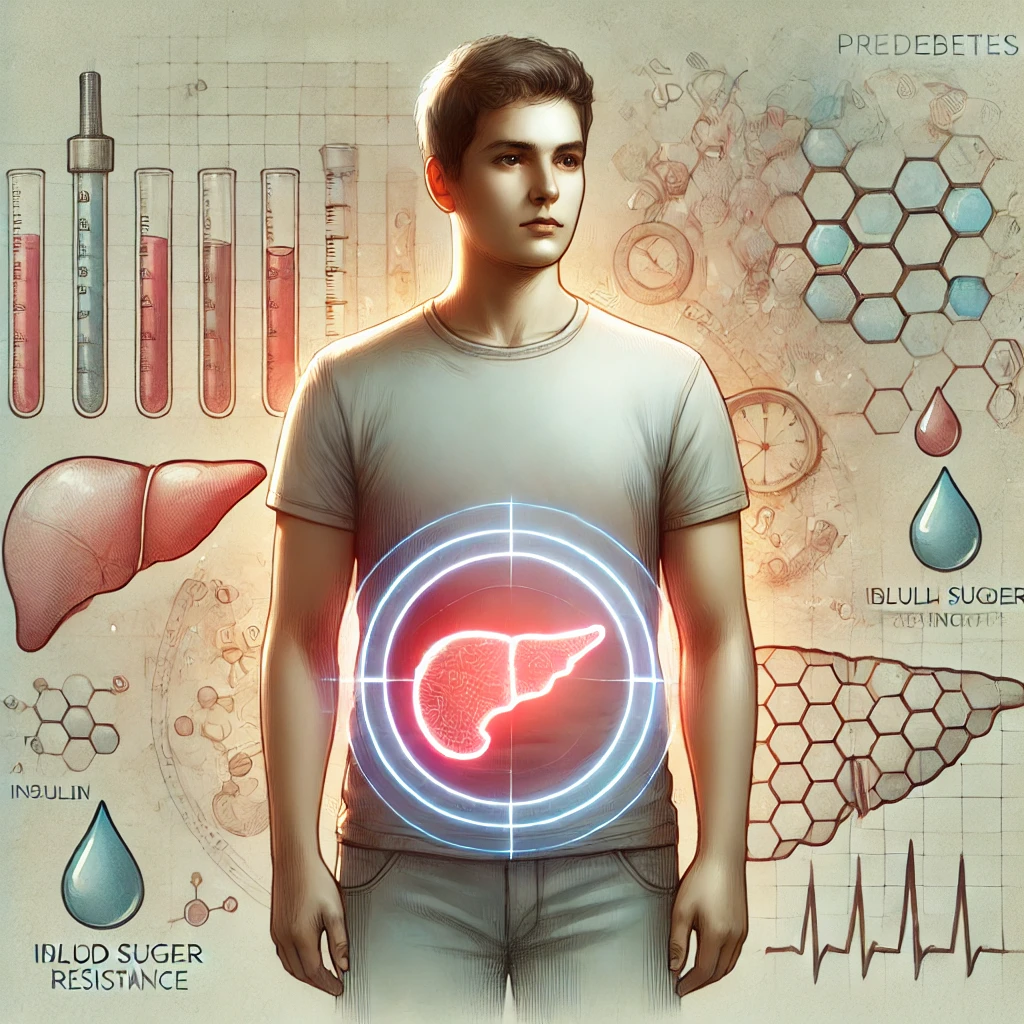A few years ago, I was hit with a shocking diagnosis—prediabetes. At first, it didn’t make sense. But as I dug deeper, the pieces started falling into place. I had been carrying over 25 extra pounds at the time, one of the major risk factors I had been battling without even realizing it.
Determined to take control, I shed all 25 pounds. But even after all that hard work, as of four months ago, I was still classified as prediabetic. That was hard to swallow. Even my doctor was a little perplexed.
But you know what? I welcomed the challenge. After all, I’m MisterG. I have a reputation to live up to. So, I kept searching for answers and discovered the real culprit: insulin resistance. And that’s where the real fight begins.
Knowledge is power, and I’m turning that power into action. And I’m here to share everything I’ve learned with you.
Insulin resistance occurs when cells in your muscles, fat, and liver become less responsive to insulin, a hormone produced by the pancreas that helps regulate blood sugar levels. As a result, the cells can’t effectively take up glucose from the bloodstream, leading to elevated blood sugar levels. The pancreas responds by producing more insulin, which can eventually lead to prediabetes, type 2 diabetes, and other metabolic disorders.
Causes of Insulin Resistance:
- Poor Diet:
- High intake of refined sugars and carbohydrates.
- Excessive consumption of unhealthy fats, particularly trans fats and highly processed foods.
- Low intake of fiber and nutrient-dense foods.
- Physical Inactivity:
- Sedentary lifestyle reduces the muscles’ ability to effectively use insulin for glucose uptake.
- Excess Body Fat, Especially Visceral Fat:
- Excess fat around the abdominal organs (visceral fat) produces inflammatory chemicals that can interfere with insulin’s action.
- Chronic Inflammation:
- Long-term inflammation, often due to poor diet, obesity, or other health conditions, disrupts insulin signaling.
- Hormonal Imbalances:
- Conditions like Polycystic Ovary Syndrome (PCOS) and Cushing’s syndrome can contribute to insulin resistance.
- Sleep Disorders:
- Poor sleep quality and conditions like sleep apnea can negatively impact insulin sensitivity.
- Genetics:
- Family history of insulin resistance, diabetes, or metabolic syndrome increases risk.
- Chronic Stress:
- High levels of cortisol (the stress hormone) can interfere with insulin’s ability to regulate blood sugar.
- Aging:
- Insulin sensitivity naturally decreases with age, particularly if accompanied by reduced physical activity and muscle loss.
- Certain Medications:
- Some medications, such as steroids and antipsychotics, can reduce insulin sensitivity.
In my next post I will show you the best ways to reverse or improve insulin resistance. This will be extremely important for you to know, even if you are not diabetic or in a prediabetic state so you can prevent it from happening to you. Stay tuned.


